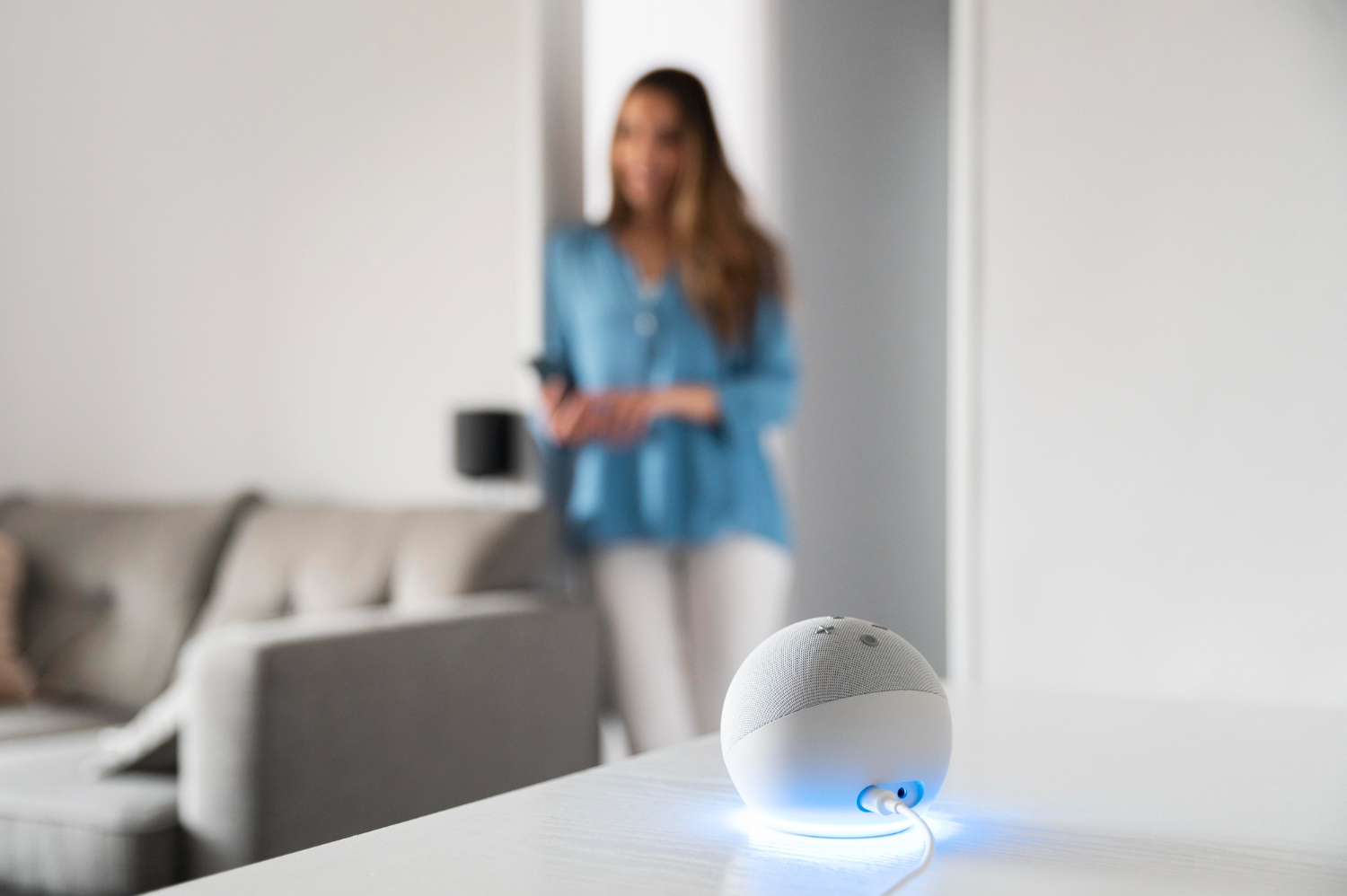
The latest in smart and efficient homes
In recent years, we have witnessed a growing trend towards automation and efficiency in all aspects of our lives. One of the fields where this trend has become more evident is in the realm of smart and efficient homes. Technology has advanced rapidly, and now we are witnessing the emergence of innovative solutions that make our homes more comfortable, secure, and environmentally friendly.
One of the main features of smart homes is the ability to control and monitor various systems and devices through connectivity. Using mobile applications or voice commands, homeowners can control lighting, heating, security, appliances, and other aspects of the house from anywhere and at any time. This not only provides convenience but also energy savings by allowing more efficient use of resources.
Regarding energy efficiency, smart homes are increasingly adopting technologies that minimize energy consumption. LED lighting systems, programmable thermostats, and energy-efficient appliances are just a few examples of how technology can contribute to reducing energy consumption at home. Additionally, motion sensors and smart energy management systems can optimize energy use by detecting people’s presence in a room and automatically adjusting lighting and climate control.
Security is another fundamental aspect of smart homes. Traditional security systems, such as alarms, locks, and surveillance cameras, have become more sophisticated and connected. It is now possible to receive real-time notifications on our mobile devices when suspicious movement is detected at home or when someone tries to access unauthorized. Furthermore, some smart homes are integrating facial and biometric recognition to ensure an even higher level of security.
The Internet of Things (IoT) also plays an important role in the development of smart homes. More and more devices and appliances are connected to the internet, allowing for greater interconnection and functionality. For example, it is possible to program the coffee maker to brew coffee just when you wake up or receive a notification when the washing machine has finished its cycle. This device interconnection also contributes to data collection that can be used to further optimize home operation.
In terms of sustainability, smart homes are adopting technologies that promote the use of renewable energies and waste reduction. Solar panels, rainwater harvesting systems, and smart waste management systems are examples of how smart homes can contribute to a more sustainable lifestyle.
Overall, it can be said that smart and efficient homes represent the future of housing. With the right technology, we can make our homes more comfortable, secure, efficient, and sustainable. As technology continues to advance, we can expect to see even more innovations in this field, improving our quality of life and reducing our impact on the environment. The future of smart homes is exciting, and we are only scratching the surface of what is possible to achieve.Contact Criz Arquitecture now for personalized advice and a customized quote.
